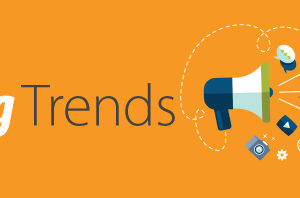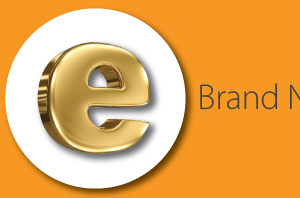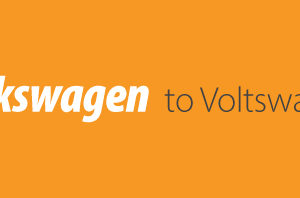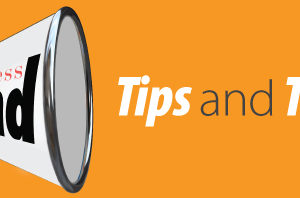
Marketing budgets are moving more towards digital spending and seem to be decreasing overall. One form of marketing that often gets overlooked is event marketing or also called experiential marketing.
According to this year’s EventTrack annual event marketing research survey, event and experiential marketing budgets are expected to increase by over 5 percent in 2014.
We would like to thank entreprenuer.com for this informative article on Event Marketing.
Live Event Marketing Expectations
There are high expectations that are associated with the investment into event marketing. According to a study conducted by EMI and Mosaic, 75 percent of companies with event budgets between $50 and $100 million said that they expect an ROI of more than five to one for event and experiential programs. Smaller companies with smaller budgets anticipate three-to-one returns. Brands are starting to invest more in live brand experiences.
There is a reason why marketers are becoming much more confident with event and experiential marketing. Current data shows that live brand experiences are showing increasing returns on investment. Here are some reasons why experiential marketing is becoming one of the more important aspects of a successful marketing strategy.
Drives purchasing
Data shows that when people attend a brand event they are much more likely to purchase the product. EventTrack found that 96 percent of consumers surveyed said that, assuming the product or service was one they were interested in, participating in the event made them more inclined to purchase.
Nearly three out of four event participants that purchase once become a regular customer. When events are executed correctly, the experience overwhelmingly drives sales.
Creating an emotional connection
Emotional connections are very important when it comes to consumer purchasing. According to Robert Passikoff, president of Brand Keys, a customer loyalty and engagement metrics firm, we should “view the purchase decision-making process as more emotional than rational, with estimates in most categories reporting a 70:30 emotional to rational ratio.”
Providing your attendees with a unique experience, and a way to see, taste and touch your brand will often spark an emotional connection that transforms into a long-lasting relationship.
Gaining consumer attention and real-time leads
In an era of mobile devices and mobile marketing saturation, an event experience provides you with the opportunity to gain consumers’ undivided attention.
Effective marketing events provide attendees with several easy and appealing ways to purchase a product or take a desired action, all in real time.
Consider providing a mobile lead form such as featuring a text-to-win campaign in which consumers access a form while entering a drawing or contest. Your brand ambassadors can have your form open on tablets to enter consumer information or facilitate purchase during an interaction. The potential for gathering data at these events is almost limitless however it is best to offer consumers diverse and seamless ways to take action, as well as on-site incentives and/or activities that encourage participation.
Changing Perceptions
A marketing event is one of the best ways to change or boost brand perception. EventTrack showed that 74 percent of event attendees have a more positive opinion about the brand, company or service after the event.
Brands must deliver a positive event experience when hosting an event. While hosting an event has many possible positive outcomes, hosting a poor event can have many negative consequences such as negative brand perception and a poor overall ROI on a relatively large investment.
Free samples and giveaways are growing in importance in terms of participation motivation, so include a similar way for consumers to experience your brand.
The people you choose to represent you are also important. It’s critical to provide brand ambassadors that correctly represent your brand image to your target audience.
Events provide valuable data
One of the most important aspects of event marketing is measurement. A brand can gather as much data as it wants but it is worthless if they do not use it. Live events provide valuable data that can be the foundation of your marketing strategy. This data can help make your efforts better targeted and more intelligent.
Events help determine what your audience responds to, both in terms of event activities and overall engagement preferences.
When it comes to new products, marketing events can be the perfect “soft launch” to test effectiveness before bringing your new initiative to the masses.
An example of live event marketing
A great example of an event that provided consumer engagement was Bud Light’s Whatever USA campaign. The Anheuser-Busch InBev beer brand took over a tiny ski town for a weekend, turning it into “Whatever, USA.” This was part of a major advertising event that included closing down the town’s main street and painting the pavement, bike racks and light posts to match the brand colors of Bud Light.
Friday night through Sunday, 1,000 Bud Light fans drank free beer, attended concerts and partied on a specially created beach. Businesses across the town reported increased sales during the event and the event pumped millions into the town’s economy.
Live event marketing is one of the most effective ways to drive results, from immediate purchase to long-term brand connections. Event marketing has been extremely effective for many major brands, as well as many smaller brands. In a world where gaining a consumer’s attention is becoming more and more difficult, event marketing is something your brand should consider.
Related Content:
Successful Brands in 2014: What Will it Take?




